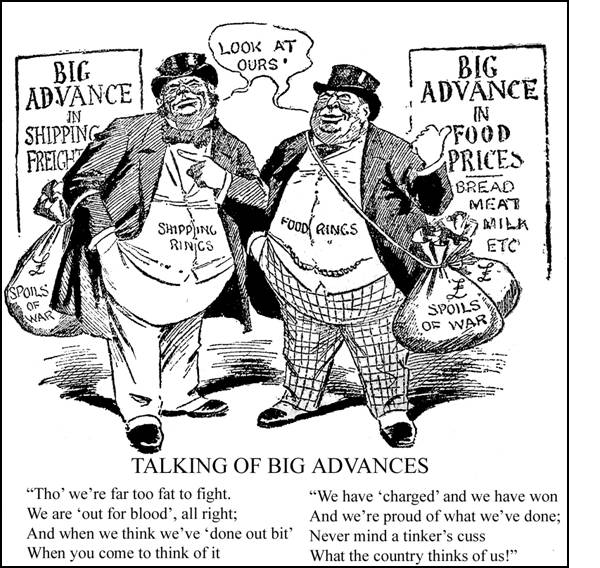In the current state of turmoil, it is difficult to speculate on the exact relationship between the EU and the UK that can result from the Brexit vote and the future negotiations to be held under Article 50 TEU, in case it gets triggered. However, in order to contribute to the debate, Dr. Sanchez-Graells outlines what that relationship should look like in the interest of taxpayers in the UK, and why it is important to consider the implications that a post-Brexit deal could have in terms of the potential disappearance of the EU rules applicable to the control of how public funds are spent.
A reduction in the control mechanisms applicable to certain types of public expenditure could indeed diminish the effectiveness of policies funded by taxpayers in the UK and create shortcomings in public governance more generally. The European Commission has created a framework that allows Member States to use State aid for horizontal purposes (such as the support of environmental, innovation or employment-related activities), but also aims to prevent the use of public funds in order to benefit specific companies, in particular through a subsidisation of their operating costs. The European Commission enforces these rules and can bring Member States that breach them before the Court of Justice of the European Union. Additionally, competitors of the companies that receive State aid can challenge those decisions in their domestic courts.
The recent tax avoidance cases involving Starbucks or Fiat are a clear testimony of the important role the European Commission plays in controlling the way public funds are spent in support of large companies. In his blog, Dr Sanchez-Graells outlines what this might look like in case the WTO, or indeed Parliament and the National Audit Office, are left as the only institutions overseeing public expenditure and corporate subsidies.
